The Politics and Culture of Modern Sports
The Politics and Culture of Modern Sports
Sheldon Anderson
LEXINGTON BOOKS
Lanham Boulder New York London
Published by Lexington Books
An imprint of The Rowman & Littlefield Publishing Group, Inc.
4501 Forbes Boulevard, Suite 200, Lanham, Maryland 20706
www.rowman.com
Unit A, Whitacre Mews, 26-34 Stannary Street, London SE11 4AB
Copyright 2015 by Lexington Books
All rights reserved . No part of this book may be reproduced in any form or by any electronic or mechanical means, including information storage and retrieval systems, without written permission from the publisher, except by a reviewer who may quote passages in a review.
British Library Cataloguing in Publication Information Available
Library of Congress Control Number: 2015952400
ISBN: 978-1-4985-1795-9 (cloth : alk. paper)
eISBN: 978-1-4985-1796-6
 The paper used in this publication meets the minimum requirements of American National Standard for Information SciencesPermanence of Paper for Printed Library Materials, ANSI/NISO Z39.48-1992.
The paper used in this publication meets the minimum requirements of American National Standard for Information SciencesPermanence of Paper for Printed Library Materials, ANSI/NISO Z39.48-1992.
Printed in the United States of America
Contents
The idea for this book stems from my experiences playing amateur basketball in Minnesota and professionally in Germany, when I became keenly aware of the interplay between politics, identity, and sports. In 1979, I was playing in Osnabrck, a city in West Germany not far from the Dutch border. That fall I played with an all-star team in a tournament against a visiting Polish team, Gwardia Wrocaw. At the banquet after the tournament, I noticed that none of the German players were engaging the Poles, so I went over to their table. I figured that they would not be fluent in either English or German. I had been taking a little Russian, and aware that Polish was also a Slavic language, I thought we might be able to communicate on that basis. Unfortunately, I knew little about Polish history and Poles disdain for the Russians (ironically, a decade later I got my PhD in Polish history). The Wrocaw players snickered as I greeted them in Russian, but they appreciated my coming over to talk. After a long discussion in English, Marion Czajkowski and Zdzisaw Rychlewicz invited me to visit them in Wrocaw.
In the summer of 1981, I took a train from Munich to Wrocaw, a city in the southeast of the country. It was a volatile time in Poland. The anti-communist Solidarity movement had expanded to include millions of Poles, putting the communist government under enormous pressure to make radical reforms. The economy was in shambles and rogue elements in Solidarity were calling for wildcat strikes and making demands for real political freedom. The Kremlin told the Polish communists to bring the situation under control, and in December the government declared martial law and Solidarity was outlawed.
Marion and Zdzisaw took me to one of their basketball practices, where we played against three other players of the club. Marion, who, like many Poles, had nothing but utter contempt for the Soviet puppet government in Warsaw, took me aside before the game and said that one of the other players was a government agent. Suddenly it was no longer just basketball, but a political contest. To Marion, I was the American representing democracy and capitalism, and the freedom that Poland had been promised at the end of World War II but never got. I thought it was cool that my job was to beat a Marxist. We won every game. Marion probably chalked it up as a victory for freedom and the American way. The other guys on the team, Marxists or not, were more concerned that the bar we went to after did not have any beer. The players suspected that the barkeep had some bottles behind the counter but was holding them out for friends and Party members. The players called the authorities, which got them nowhere. We went home thirsty.
I was already cognizant of the connections between identity and sports while playing for my inner-city high school in Minneapolis years earlier. The late 1960s was another turbulent time of civil rights demonstrations, race riots, Vietnam War protests, assassinations, demands for womens equality, and Red (Native American) Power. Minneapolis South High School had a peculiar mix of middle-class and working-class whites, Mexican immigrants, African-Americans, and Native-Americans (Minneapolis has the largest population of urban Native-Americans in the country). Full disclosure: I am 100 percent Norwegian-Lutheranabout as white bread as it gets.
But we South High Tigers got along pretty well. Sports played a key role in bridging the divide between these disparate classes and ethnic groups. At our twenty-fifth reunion, the alums cited our basketball teams run to the state tournament in 1969 as the most memorable event of their senior year. We had to beat all-white suburban teams to get to state, and we were all conscious and proud of our underdog, inner-city identity. We bonded because we represented the heterogeneity and toughness of the city; the burbs were the homogeneous other.
At that time, Minneapolis had two predominantly African-American communities centered around North High and Central High, and a lot of folks in those neighborhoods were angry. African-Americans were standing up and demanding political and economic equality, and a place in U.S. history books. As the sad story of slavery, Jim Crow, lynching, and constant humiliation and discrimination at the hands of white America was being told and retold, some African-Americans became increasingly strident in their calls for justice. Martin Luther King Jr.s assassination was for some the last straw.
We had black guys on our South High teams, so our games with North and Central never had racial overtones. I did not feel any personal animosity. Nonetheless, when black and white strangers met in those days there was always a feeling out period, as if to determine whether one of us was a racist and the other was a militant.
At first, I felt some hostility from two African-American brothers on my South High basketball team, John and Keith Hardeman. The Hardeman family was a bastion of the community; father LeRoy had been a star basketball player at South High in the early forties, and was one of the first African-Americans to be inducted into the Minnesota fastpitch softball hall of fame. His eldest son Hilary had played for South as well. LeRoy refereed park league softball and basketball games well into his sixties. No one messed with LeRoy Hardeman. If you questioned a call, you got an earful in return and a quick technical foul. Park league games can sometimes get out of hand, but never when LeRoy was refereeing.
My first meeting with John and Keith was chilly; John was the more outspokenly political of the two, while Keith maintained a frigid silence. My first impression could not have been more wrong. Basketball brought us together immediately. John was in fact a very smart and funny, good-hearted guy. Keith was merely shy, which at first I mistook as some kind of animosity toward me. He was a good and gentle soul. When I made him laugh, he would emit a goofy, high-pitched cackle that made everyone laugh with him.
The Hardemans were not great basketball talents, but tough, hard-working, lunch-pail type guys, who, like me, just wanted to win. I used to call Keith flypaper because he was so tenacious on defense. He stuck to you relentlessly. When I played against Keith I had to move my jumper farther and farther out just to get a shot off.
Keith and I played basketball together for almost thirty years. On spring, summer, and fall Sunday mornings the Hardemans and I played hoops at Elliot Park in downtown Minneapolis, where the homeless guys liked to sleep off a Saturday night bender. Sometimes they wanted to play, but we gently escorted them off to the grass to watch. We called it the Church League. A few times there were evangelists in the park on Sunday mornings trying to save the souls of the homeless, who watched our games more than they listened to the preacher. But they hung around to get the free meal that came after the sermon. The Church League games are some of my fondest memories of a half-century love affair with basketball.
Next page

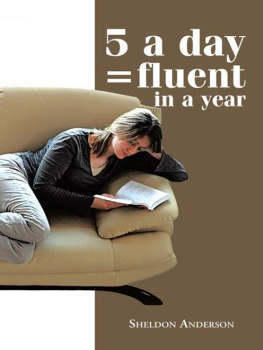

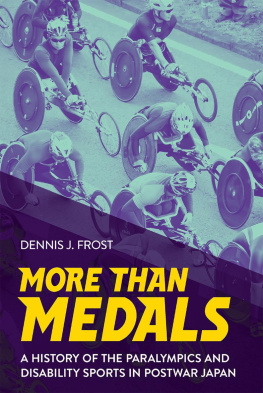

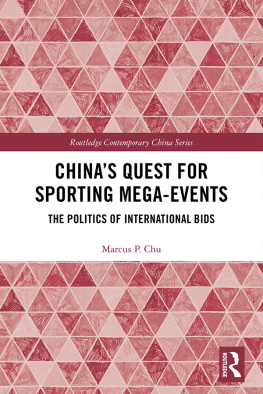
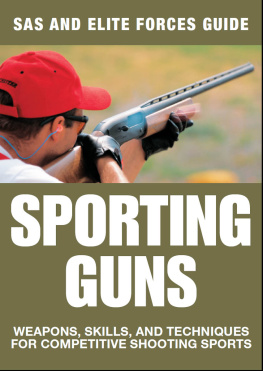
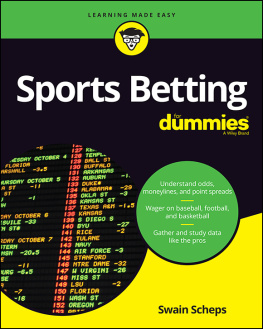
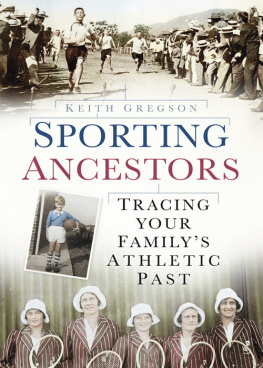

 The paper used in this publication meets the minimum requirements of American National Standard for Information SciencesPermanence of Paper for Printed Library Materials, ANSI/NISO Z39.48-1992.
The paper used in this publication meets the minimum requirements of American National Standard for Information SciencesPermanence of Paper for Printed Library Materials, ANSI/NISO Z39.48-1992.